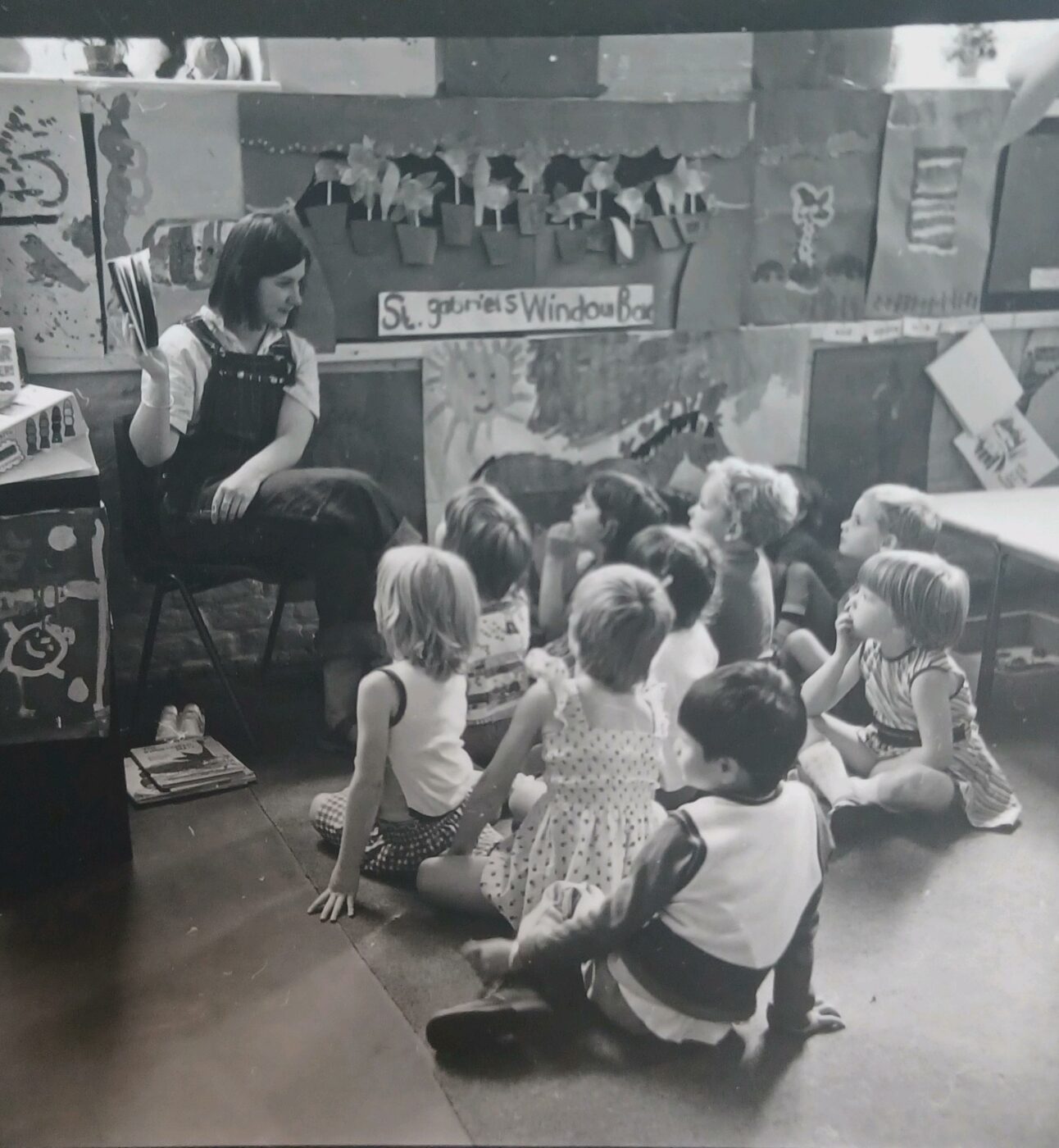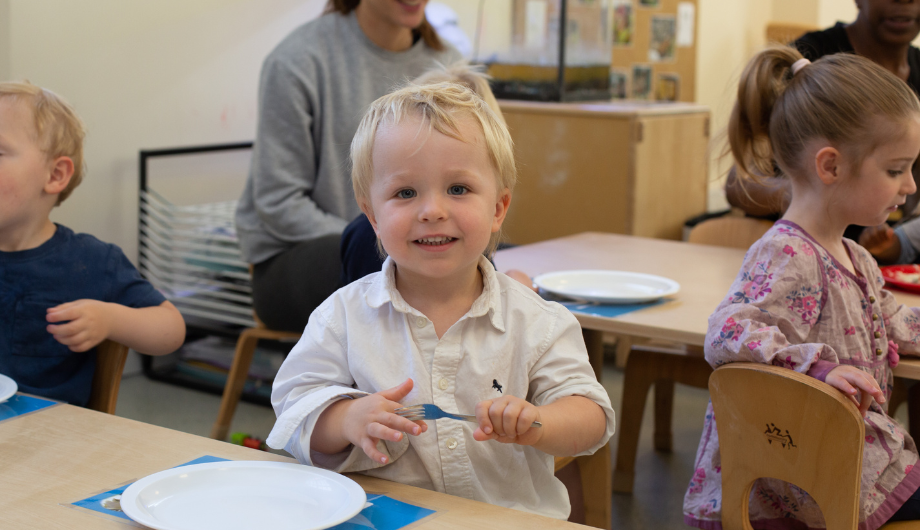
Talking Early Years: Celebrating 120 Years at LEYF
The Year That is 2023 – This year, we are proud to celebrate 120 years of LEYF. It’s been fascinating to reflect back on what has changed over…
October 1st 2012
Every year on 15 November, we hold our Margaret Horn Lecture to celebrate Social Enterprise Day. This year I want to focus on the issues facing women who work. However, I am struggling with all the complex and contrasting arguments about the role of modern women. As someone who was a keen feminist in the 70s and an avid Spare Rib supporter, I feel really anxious that some of what we demanded has backfired and women are in a worst situation now. Women in the workplace is one area which needs to improve, especially as the majority of working women need to do so.
My anxiety about the whole sisterhood stuff was not helped by my going to see Anna Karenina last week on top of my re-reading Madame Bovary. Fact is I found it hard to like either of them, not least because of their responses to their maternal duties. Maybe the theatrical representation and rather one dimensional interpretation of Anna Karenina did not help? I am trying to excuse Emma Bovary by giving her post-natal depression!
I know very little about Margaret Horn but one thing I know was that she was a pupil of Octavia Hill, and that alone is a step in the right direction in my book. Many years ago when I first discovered Octavia Hill I saw her as a role model: I loved her enterprise, energy and ambition. I did not agree with all she stood for; for one, she was not very keen on her Suffragette sisters and frankly I think we need the vote. However, she was a woman with a vision to improve the lot of us all and took her duty seriously, which included training up the next generation of women – not least of which Margaret Horn, who was key to founding Westminster Children’s Society, which we more recently re-shaped into the London Early Years Foundation to help build another element of the legacy.
So this year’s lecture hopes to look at how women who lead businesses can help shape the future for other women with children. In particular, as someone running nurseries, I want to examine what more we can do to help women better balance their lives. Too many women feel guilty about working after they have children. It’s crazy that we make them feel bad because they want and feel a need to use the skills, knowledge and achievements they have worked so hard to get. However at least now we are beginning to agree that children also need their mothers. (And of course their fathers too, but right now we are focusing on women.) What we have to do is find ways that we can offer a suitable compromise that meets the needs of all and is accepted by society as a good option. Much as I disliked Anna Karenina, I sympathised how, when making a decision that broke society rules, she faced being ostracised and held in contempt. While we may not shower working women with that level of opprobrium, we can no longer continue the knee jerk reaction of the press and commentators that working mothers are to blame for society’s problem families. Instead we need to reach a point where we use what we know as good working practices to support a whole society response to the challenges of working mothers.
Therefore if women are to be agents of their own destinies, we must look at how we can support them. My hope with this year’s Margaret Horn Lecture is that we begin one set of responses by engaging with women leaders and first see what they can do to help. The wider debate is often very focused on high flying professional women who may have more to lose and more to gain. However, the majority of working women are ordinary women in ordinary jobs. To help give them the chance to become extraordinary we need to reduce a key hurdle, by influencing the Societal response to working mothers which aligns the needs of children and families and aims for a more positive legacy.

The Year That is 2023 – This year, we are proud to celebrate 120 years of LEYF. It’s been fascinating to reflect back on what has changed over…

We have been raising the issues of childcare funding for over 10 years. It has been so long, I am amazed at how patient I’ve remained – and…

In the beginning of 2022 So here we are. The final blog of 2022. And hey, we’ve managed to get through what has been a year of discontent and foolishness.